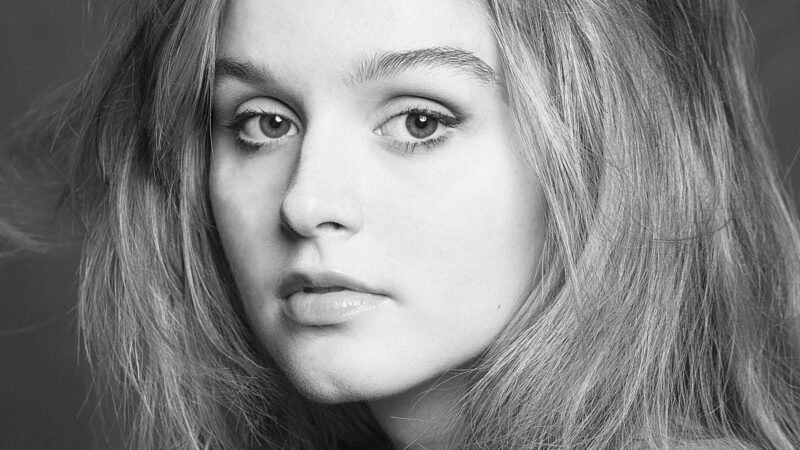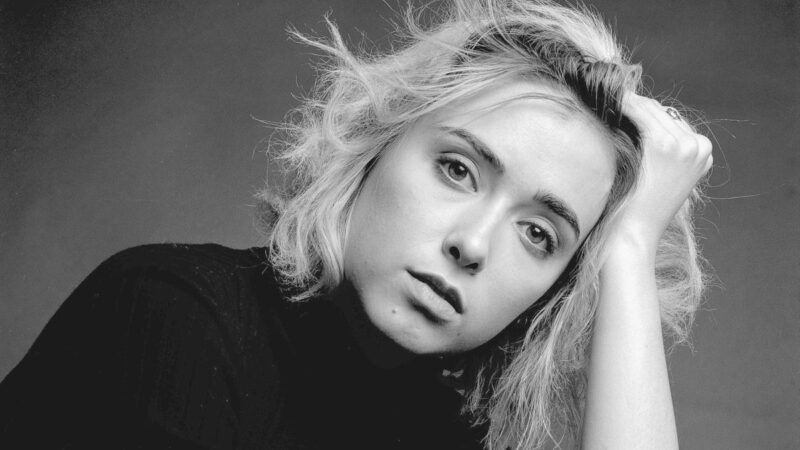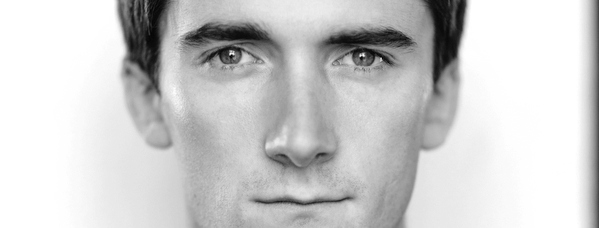
Guy Potter started acting at a young age in school plays Porte but Guy Potter started taking it more seriously in secondary/high school after those career sessions when you choose your subject’s going forward. Guy Potter didn’t include acting in my choices and realized he’d’ made a big mistake leaving it out, it hadn’t occurred to him as an option. So Guy made up for lost time and went to classes after school, changed schools, found one with a good Drama department and made it his total focus. Training mainly in stage Guy Potter transitioned to film after he left, as that’s where his real interest lay. Guy Potter figured it’s a lot better to do what you enjoy and what you’re good at, than something else just for the sake of it. You’ll never be good at something if you don’t enjoy it.
Great new #MissionImpossible5 trailer! From a scene I filmed pickups on as one of the bikers #RogueNation @TomCruise pic.twitter.com/ZfDwEOUp7J
— Guy Potter (@guypotter_) June 4, 2015
Did you study acting
Yes, alongside my fairly intensive training at the school, I went to after school classes, singing lessons, improv classes, stage combat too – all culminating in a stint at The American Academy of Dramatic Art in LA. For me in the film industry, whilst it’s important to have the training to build on, I think what has been a big help is getting involved on a film set at any level – even behind the camera sometimes & a mix of the two. If you can manage to get involved in a feature film, watching some of the biggest actors in the world do their thing is the best masterclass you can have.
What acting technique do you use
A mix really. I use sense memory when I have to and a bit of method too to some extent. It depends on what’s required. With every role I like to start thinking as them from the ground up and imagining things they’d do, create and then live in their shoes a bit. Essentially you’re aiming to bring your own experiences to the role and adapt beyond that to create a character that people can relate to. If you can do that and people believe it then you’ve done your job and whichever way makes you get there – do that.
What wrong impressions do actors hold about acting
The belief that people just stumble upon success, you definitely have to earn it and prove yourself capable. No one will give it to you, let your work speak for itself, and don’t let up. It’s not as glamorous as you think either, but the product is always worth the process.
Tell us about your experience on MI5
I had a few involvements with ‘Rogue Nation’ actually, I started as a Stand-In for Jeremy Renner – like I said I’d do anything to be on a set, and being part of the 2nd team (setting up shots, rehearsing etc.) and working with the likes of Jeremy Renner and Tom Cruise was incredible & a steep learning curve. From there the casting people got in touch as they needed someone for pick-ups from the bike chase in Morocco, so I got involved with that too. It was my first major involvement with a feature and I’ll never forget it.
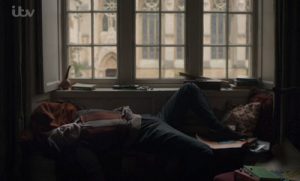 Tell us about your experience on the Netflix show The Crown
Tell us about your experience on the Netflix show The Crown
So I’m singing in ‘The Crown’ actually, I sent my audition over on self tape and the director liked it and brought me on board. It’s a cool little role. I can’t say much about it but it’s a great production based on Queen Elizabeth II & the Royal Family, it’s on Netflix over the summer.
Tell us about your outfit High Sierra Films
High Sierra Films came about late last year. I wanted to be more involved in the filmmaking process, as the whole industry fascinates me, not just acting. You’d be surprised how many actors have their own production companies, often keeping it quiet, often part-funding things themselves. My first project with it is coming up soon and it’s very exciting.
Do you take courses to improve your craft
Yes, stage combat & fight scenes for film need fairly consistent practice, it’s an important job for physicality. I was surprised how much it was like a dance at first. Stage is different to film combat though as a lot of the time there’s more than one point of view in film – unlike sometimes in theatre. On top of that I’ll do refreshers for acting too, as whilst I think a huge part of it is constant practice – you have to practice the right way. It’s also important though to do some extra skills like scuba diving, horse riding etc., have something different from the next guy. My biggest early jobs were a result of a motorbike license for example – you have to stand out.
How do you keep fit
Mentally by constant practice, especially with accents and learning something new every so often. Physically through a series of workouts throughout the week as well in taking part in events like Tough Mudder & this year the Bear Grylls Survival Race – I’m part of their team’s behind the races this year and it’s important to have a goal for exercise, otherwise gym’s get very boring very quickly. It’s good to do as not only is it another thing to make you stand out, but it keeps you busy and motivated, exercise is the answer to a lot of things.
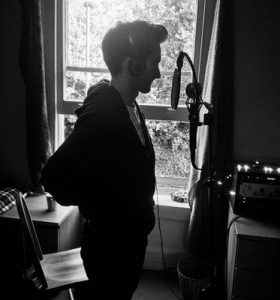 How do you prepare for a role
How do you prepare for a role
I read somewhere that Anthony Hopkins will read a script two hundred and fifty times out loud before he films, and I believe you cannot read it enough. Yes there are changes sometimes day-to-day on set but to truly embody something you have to know it like second nature, then you can start to build on it. I’ll read it, record it into my phone, play it back on headphones, run to it, recite it aloud… you name it I’ll do it.
How do you take a character in a script to an honest, believable and breathing person
That comes from knowing the script and finding something within it that you relate to in order to make it believable. It can be something within yourself, or even from people you know. I say that because there are many characters in life you come across and sometimes you’ll meet someone so wacky you couldn’t have dreamt it up. So I think there’s only so much you can learn from a method – experience is everything.
How do you stay fresh on set
It really depends on the requirements, if I’m under pressure and there’s been short notice of a re-write I’ll remove myself from the filmmaking process and come in when they’re ready and go straight into it. Otherwise I can relax a little, but having your own space to rehearse is crucial.
Describe a memorable character you played
I enjoyed playing Siegfried Sassoon in a film called ‘Wilfred’, I was very into WW1 at the time, along with obviously it being a tremendously tragic period – it’s a fascinating time in history. It re-wrote the book in a lot of ways about how much the human condition could be tested, how people acted and how they coped. I think with the struggle and changes they endured during that time there’s a lot of opportunity for character development there.
Explain one creative choice you took on set
I read somewhere that Brad Pitt will make an attempt to do each take differently, I’ve no idea if that’s true but it made me realize doing the same thing over and over produces the same results – so loosen up and run with it, humanize it, mix it up, try something new – that’s a choice I’ll make on every set.
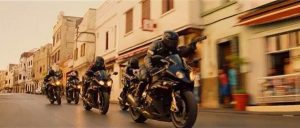 What do you want most from a director
What do you want most from a director
Clear vision, they need to know their job so an actor can do theirs. Whilst I believe in bouncing ideas around and trying new things in a collaborative process there’s an extent to how far that can go for me. Sometimes it works to have an improvised blank page but I prefer clear vision.
What actors do you long to work with
As of late, I’d say Matthew McConaughey
Why
Anyone who makes you take a step back and rethink your method & approach needs to be respected, and that happened for me with his recent work. He’s unpredictable, and it transfixes you on-screen.
What advice would you give to actors
Keep on pushing, and when things get tough, recycle it and use it to go on. Have absolute faith in your ability and set no limits. Stay positive and accept that failure is part of the process. One thing about the method that helped me was that less is more in a big way: I learnt a lot from the film ‘Drive’, the silence in some of the moments say more than words could. There’s something interesting in the stillness in there. In film, it’s easy to over think what you should do.
Briefly write about your career
After finishing school I travelled, came back and stuck my foot into the door to get into the film industry at any level. The more you understand about the industry the better, you’re a cog in a huge machine as an actor and it’s essential to know how it all works. I did some short films, commercials, roles in television, and now on to feature whilst bouncing between them as I go. Life is exciting as an actor, it’s difficult and heaped with rejection but you learn how to take it and use it to your advantage – it makes it all the more worth it when it pays off.




